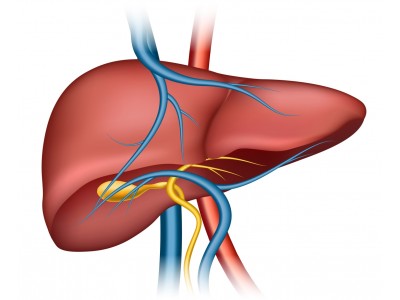Currently, no specific medications are approved solely for the treatment of fatty liver disease (non-alcoholic fatty liver disease, or NAFLD). However, certain approaches and medications can help manage the condition and its associated risk factors. Lifestyle changes, such as weight loss through diet and exercise, are the most effective methods for treating fatty liver. For patients with more advanced disease, such as non-alcoholic steatohepatitis (NASH), specific medications may be recommended.
Insulin sensitizers like pioglitazone can improve liver function in some patients with NASH, though they may not be suitable for everyone due to potential side effects. Vitamin E, an antioxidant, has been shown to reduce liver inflammation and damage in some patients with NASH who do not have diabetes. Medications to manage underlying conditions, such as diabetes, high cholesterol, and hypertension, can also indirectly benefit liver health. For example, statins may be prescribed to manage cholesterol levels, and metformin is often used for diabetes management.
Emerging therapies, such as GLP-1 receptor agonists (e.g., liraglutide) and certain investigational drugs, are being studied for their potential benefits in treating fatty liver disease. It's essential for individuals with fatty liver disease to work closely with their healthcare provider to create a personalized treatment plan that addresses their specific needs and risk factors.
